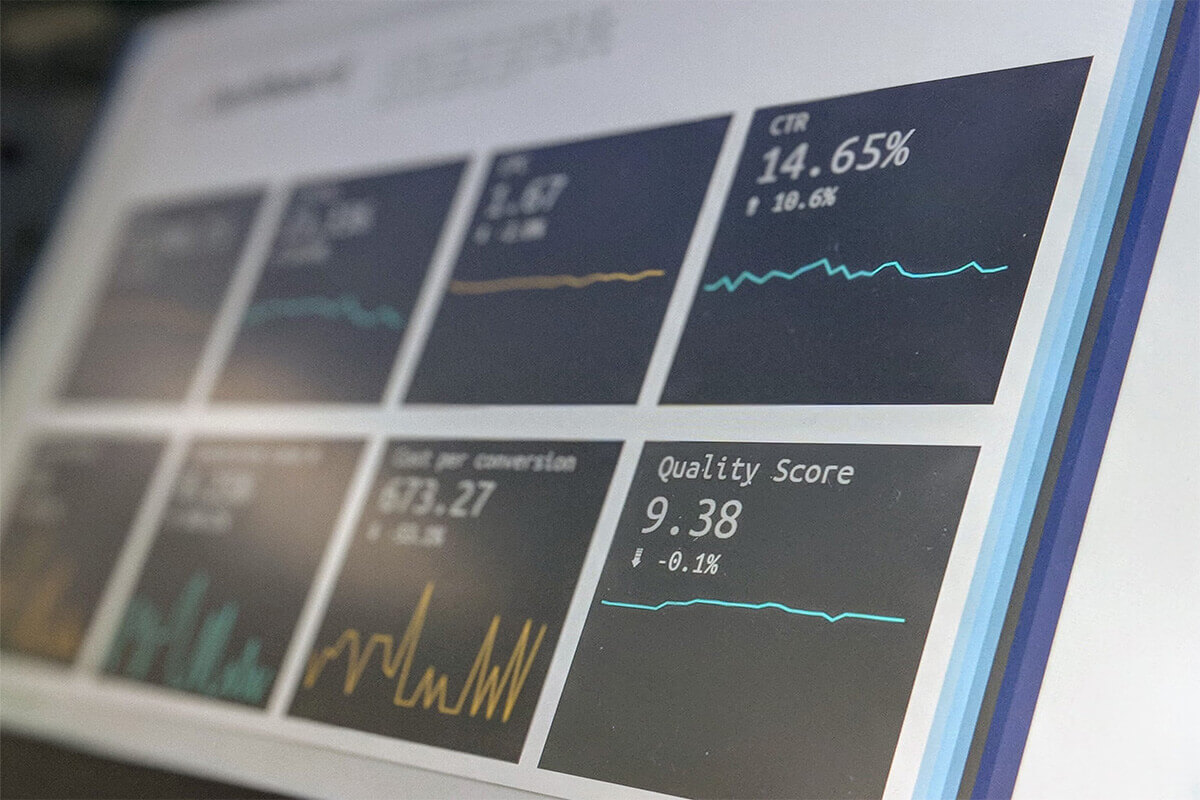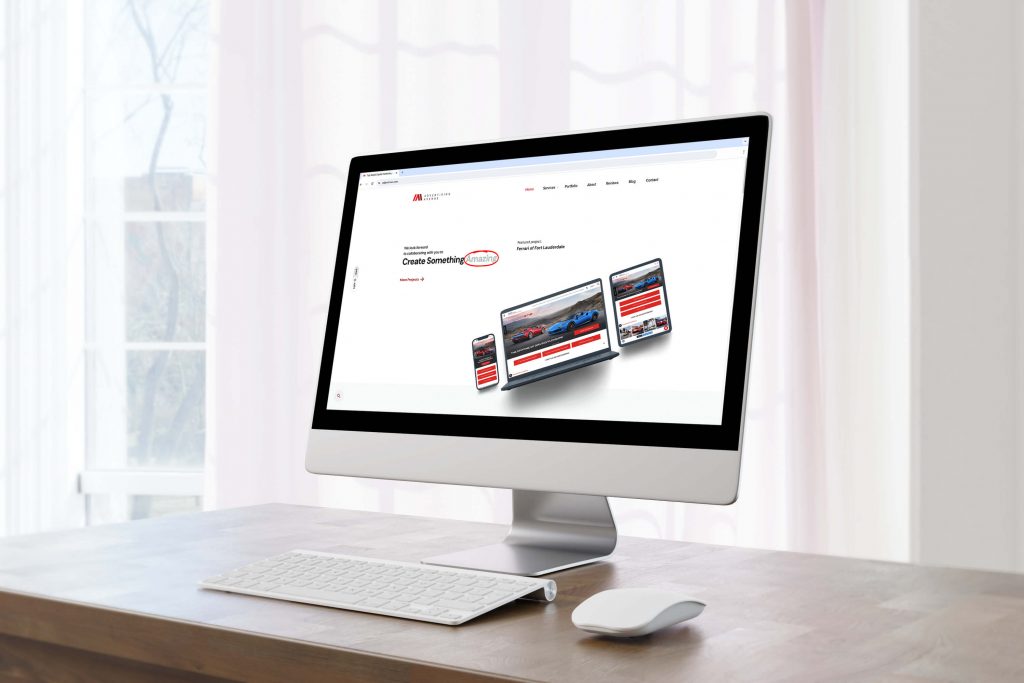
Effective PPC Management Tips for Maximum ROI
Getting around the complexities of PPC might be likened to sailing over unknown waters; there will always be obstacles, doubts, and the occasional rough spot. Maybe you’ve dabbled in PPC advertising in the past, but were left puzzled by the poor returns on investment and disappointing outcomes. Alternatively, perhaps you’re new to this field and excited about what to do but don’t know where to start.
You’ve come to the right place at the right time. Together, we’ll take on a journey through this in-depth guide that aims to solve the puzzles around effective PPC management and provide you with the skills and understanding required to take your online advertising initiatives from mediocre to extraordinary.
PPC: What Is It Exactly?
PPC, or pay per click, is an online advertising strategy in which advertisers pay a charge each time one of their ads is clicked. Businesses can display their ads to consumers who are actively seeking for products or services related to their offerings through this highly focused kind of advertising.
Through targeted keyword bidding, businesses can guarantee their ads show up prominently on search engine results pages and other channels like social media and display networks. As effective PPC management enables businesses to reach people at the exact moment they are exhibiting interest or intent to purchase, it can be quite efficient in driving conversions.
PPC campaigns can direct customers through the buyer’s journey with effective ad wording, targeted keyword lists, and optimized landing pages, ultimately leading to higher engagement, clicks, and conversion rates for businesses.

Understanding Your Audience Inside Out
Effective PPC management depends on having a deeper grasp of your audience than just their basic demographics. To establish connections that truly resonate, it is important to delve into their needs, wants, and pain points. Successful PPC managers become detectives, identifying the motivations behind customer behavior, rather than depending just on demographics like age, gender, and geography.
You need to pay close attention to what they have to say and feel what they are going through in order to really comprehend your audience. This could be running surveys, looking over client comments, or joining online groups where members of your target market hang out. You can create content that responds to their desires directly by learning about their hidden motives.
Imagine you are advertising a fitness website that caters to millennials. You find that many are driven by a desire for social connection, rather than just physical fitness. Equipped with this knowledge, you craft your messaging to highlight the community feature of your website and present it as a forum for meaningful interactions and shared experiences.
Effective PPC management is essentially about developing real relationships with your audience. You can make campaigns that connect with people on a personal level and grab their attention and allegiance by getting to know their needs, wants, and pain points.
Harnessing the Power of Ad Extensions
Consider ad extensions to be the magic components that turn ordinary PPC advertising into exceptional results. They give your adverts more taste and flair, much like the cherry on top of a digital sundae. These extra informational snippets accomplish two things: they increase the attraction of your advertisements to prospective buyers and offer insightful information that can enhance ad effectiveness. But even though they can really boost your efforts, a lot of advertisers ignore them or don’t make the most of them.
What precisely are ad extensions, then? To put it simply, these are extra bits of data that you may add to your advertisements to increase their functionality and reach. Ad extensions provide an abundance of options to improve the efficacy of your advertisements, ranging from showing more links to your website to exhibiting client testimonials or even allowing direct phone calls to your company.
Think about a user who comes across your advertisement while looking for a particular good or service. You can boost the possibility of a conversion by adding a site link extension that points users to pertinent pages on your website, making it easier for them to locate what they’re looking for. In a similar vein, if your advertisement includes a call extension, customers can reach you straight from the advertisement, expediting the customer journey and enabling prompt action.
So, how can you fully harness the power of ad extensions and use them to their full potential?
The first step is to become familiar with the many kinds of extensions that are accessible and comprehend how each can help you achieve your unique business objectives. Each extension has a distinct function in increasing the efficacy of your advertisements, ranging from callout extensions that emphasize key selling aspects to sitelink extensions that advertise certain goods or services.
In addition, it’s critical to consistently track and refine your ad extensions to make sure they’re producing the most impact possible. This could entail evaluating many iterations, examining performance indicators, and modifying the design in response to user input and behavior. You can keep one step ahead of the competition and guarantee your success by consistently improving your ad extensions and experimenting with new tactics.
Leveraging Remarketing Like Never Before
Imagine this: Maybe you’re looking for a new pair of running shoes as you browse the internet. You browse a website, look over its offerings, but in the end you decide not to buy anything. However, in the days that follow, advertisements for the exact goods or services you were contemplating appear to hound you wherever you go online. Does this sound familiar? That, my friend, is the power of remarketing in action. It’s a powerful tool that has the ability to completely transform your PPC campaigns.
Marketers can re-engage with users who have previously connected with their website or mobile app by using remarketing, sometimes referred to as retargeting. It functions by embedding a pixel—a tiny bit of code—on your website, which follows users and lets you target them with relevant advertising while they browse the internet.
However, remarketing differs from conventional advertising techniques in that it can provide highly relevant and targeted messages to consumers who have already shown interest in your goods or services. With remarketing, you can customize your messaging depending on customers’ past encounters with your brand, as opposed to generic display advertising that casts a wide net, hoping for the best. This increases the possibility of a conversion.
With remarketing, you have the opportunity to reconnect with this user as they continue their online journey. By displaying ads featuring the exact products they were interested in, accompanied by compelling messaging or special offers, you can entice them to return to your website and complete their purchase—a tactic known as cart abandonment remarketing.
Remarketing has much more power than just bringing back lost sales. In addition, it can be used to upsell or cross-sell items, nurture leads, and even strengthen customer loyalty and brand recognition. For example, you can target users who have previously subscribed to your email newsletter but haven’t made a purchase with ads that emphasize special offers or new product releases, encouraging them to go further in their customer journey.
However, it’s essential to wield remarketing with finesse and tact. Bombarding users with repetitive or irrelevant ads can quickly lead to ad fatigue and alienate potential customers. Instead, concentrate on offering customers compelling reasons to re-engage with your business through value-added messaging that speaks directly to their needs and interests.
Optimizing Landing Pages for Conversion

Your landing page is the first step in turning inquisitive visitors into devoted patrons, and it’s at this critical point that the effectiveness of your PPC advertising is decided. Although creating compelling advertisements is crucial, your landing page is where the true magic happens. Users make the choice to convert or go at this point, expecting to find the solution you promised in your advertisement.
Your landing page needs to be in perfect sync with the tone and purpose of your advertisements in order to increase conversion rates. Maintaining consistency between your advertisement and landing page is essential to building trust and turning off potential buyers. Furthermore, give the user experience top priority by making sure your landing page loads quickly, is simple to use, and offers a clear path to a conversion.
Embracing Automation Wisely
Automation technologies are becoming increasingly important in PPC marketing, having the potential to completely transform campaign management through accuracy and efficiency. A range of automation capabilities, such as automated bidding methods and ad creation tools, are available on platforms like Google Ads and Facebook Ads with the aim of streamlining processes and enhancing efficiency.
Facebook Ads offers automated guidelines for ad optimization, while Google Ads’ Target CPA and Target ROAS are examples of automated bidding methods that modify bids in real-time based on performance metrics and historical data. With the use of these tools, marketers can establish parameters for ad placement, bid modifications, and budget allocation, ensuring that campaigns are always optimized for the best possible outcomes.
Automation also includes the development and optimization of ads. Programs such as AdWords Scripts and Responsive Search Ads can generate variations of ad copy and test their effectiveness over time. Ad content is further personalized via dynamic remarketing campaigns, which offer messages that are specifically suited to each user’s interests depending on their browsing history.
However, while automation offers undeniable benefits, it’s crucial for marketers to exercise caution and maintain human oversight. Relying solely on automation without knowing its nuances or keeping an eye on its results can result in less-than-ideal results or even disastrous campaign outcomes. By embracing automation wisely and integrating it seamlessly into their PPC management practices, marketers can unlock new levels of success and generate significant outcomes for their businesses.
Tracking Beyond Conversions
Conversions are the best indicator of a PPC campaign’s success, but focusing only on this measure is like driving with blinders on—it’s impossible to see the whole picture of the campaign’s effectiveness. Metrics beyond conversions must be tracked in order to fully comprehend the efficacy of your PPC campaigns. You should also look into the subtleties of user behavior and engagement.
Beyond conversions, monitoring other data reveals improvement opportunities and offers priceless insights into the effectiveness of your PPC ads. Marketers can track a multitude of KPIs, from click-through rates and impression share to Quality Score and ad position, with the help of tools like Google Analytics and Google Ads.
For example, click-through rates (CTR), which show how frequently consumers click on your ads in relation to how often they are presented, provide information about the relevancy and efficacy of your ad creatives. While a low CTR can signal that you need to make changes to your ad targeting or messaging, a high CTR shows that your advertising is connected with your target demographic.

On the other side, impression share gives you information about the proportion of impressions your advertising receives in relation to all eligible impressions. A low impression share can point to chances to improve your ad visibility through changes to your bidding strategy or ad targeting, whereas a high impression share shows that your advertising is grabbing a sizable portion of available impressions.
The Quality Score, which is a metric employed by Google Ads to evaluate the quality and relevancy of your landing pages, keywords, and advertising, is a major factor in deciding the bid rank and cost per click. You can raise ad performance and cut expenses by tracking and improving your Quality Score, which will ultimately increase the return on investment of your PPC campaigns.
Additionally, analyzing ad position enables you to gauge how visible your ads are in comparison to those of your rivals and how successful your bidding plan is. To keep a competitive advantage in the search results, you may make well-informed judgments about bid modifications and campaign optimization by tracking trends in ad position over time.
Navigating Towards PPC Success
Effective PPC management is a multifaceted endeavor that requires diligence, strategy, and a commitment to continual improvement. By implementing the strategies outlined in this guide, you can position your PPC campaigns for success and drive tangible results for your business. These tactics include knowing your audience, utilizing ad extensions and remarketing, optimizing landing pages, embracing automation sensibly, and tracking beyond conversions.
Although being an expert in PPC may take some time, the benefits of a well-run campaign make the work worthwhile. You will acquire important insights into what appeals to your audience and what encourages conversions with every iteration and improvement. Therefore, don’t let obstacles or setbacks deter you. Rather, see setbacks as chances to improve and learn, honing your strategy and getting closer to your goals with each adjustment.
Ready to take your PPC campaigns to the next level? Contact Advertising Avenue today and let our team of experts guide you towards PPC success. We’ll collaborate with you to create and optimize campaigns that increase traffic, engagement, and conversions for your company using our experience and commitment to achieving results. Don’t wait any longer—reach out to us now and unlock the full potential of PPC for your business growth.





